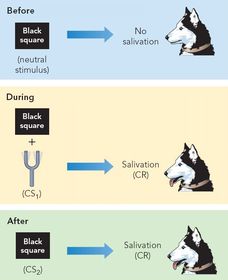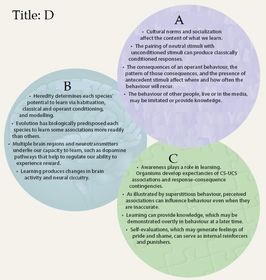university PSYCH Fichas sobre CHAPT 4: THE ROLE OF LEARNING AND ADAPTATION , creado por Susannah Mackenz el 27/10/2014.
Pineado a
161
5
0
Sin etiquetas
|
|
Creado por Susannah Mackenz
hace alrededor de 10 años
|
|
Cerrar




